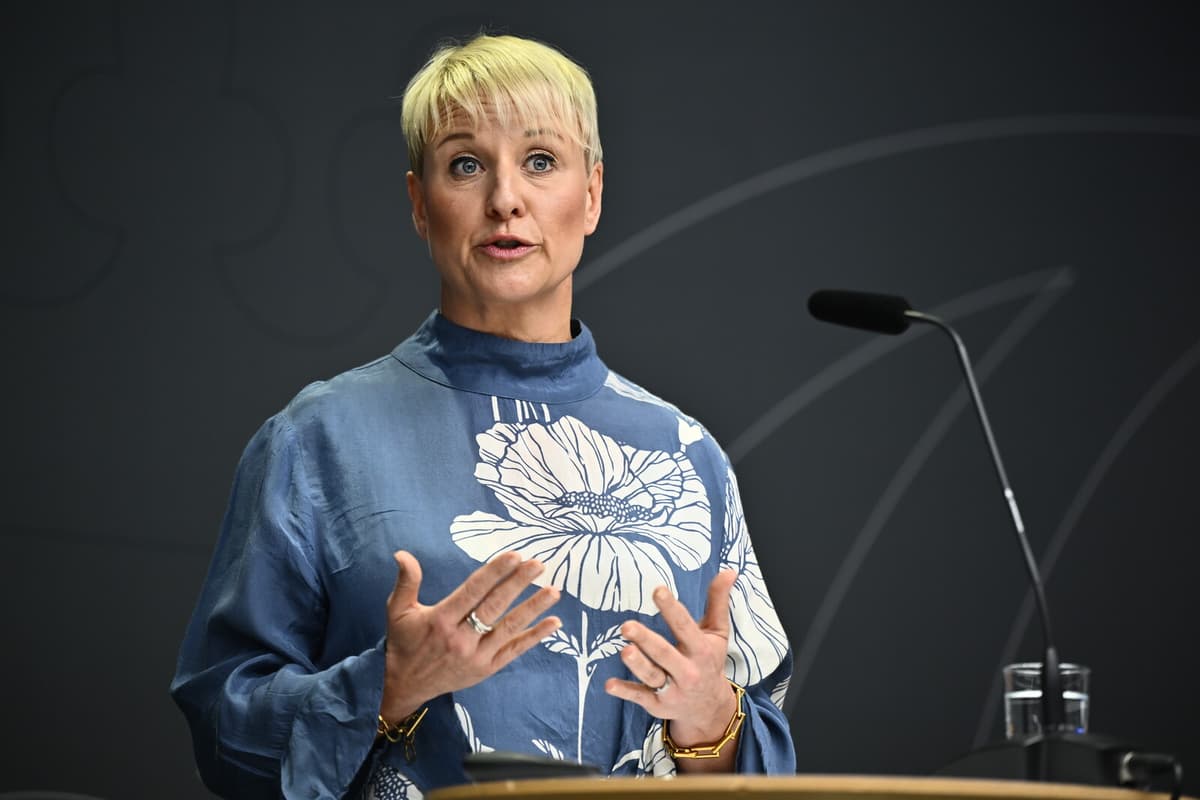The government wants those who come to Sweden to settle down to qualify for benefits in line with their work and tax payments.
The investigator Göran Lundahl is now proposing as a basic rule that one should have lived in Sweden for five years to be eligible for a range of benefits and allowances.
Those affected by the requirement will in practice mainly be immigrants from non-EU countries who move to Sweden to work, study, or because they have family members here.
Not Affected
Refugees and other asylum seekers who have been granted residence permits are not covered by the proposals.
It follows from EU law that we must treat them equally with EU citizens, and as a result, they are not covered by this, says Lundahl.
To receive, for example, child and housing allowances, or parental benefits, one will have to have been resident in Sweden for at least five years during a 15-year period.
The five years can, however, be shortened if one has worked with a certain salary level for at least six months.
To be eligible for social benefits, also known as maintenance support, one must have lived legally in Sweden for five years without longer interruptions. Emergency assistance will, however, be possible in emergency situations.
The rules are proposed to come into force on January 1, 2027. Transitional rules are proposed for those who have settled in Sweden in the coming years before that date.
Following EU Law
On the question of whether the government is satisfied that refugees and other asylum seekers are not covered by the requirements, Social Insurance Minister Anna Tenje (M) responds:
It's about following EU law and other international conventions.
Tenje points out that the government's benefit reform also consists of benefit ceilings and requirements for full-time activation to receive maintenance support.
So the three parts will affect different people, hopefully, they will pick up one or the other, she says.
On the question of whether Tenje sees a risk that the requirements will lead to some people ending up in misery and crime, she responds that those who come to Sweden in the future will know what applies.
For those who are already in the country, we will have to move forward and analyze these proposals. Take in comments and weigh the pros and cons, says Tenje.
But you will still have plenty of time to qualify.
If the requirements had been introduced in 2024, 67,000 adults who would have been affected would not have met the requirements for social insurance benefits. 4,400 would no longer have met the requirements for social benefits, according to the investigation.
Economic Assistance
Parental benefits at the lowest and basic levels
Child allowances (including additional allowances for multiple children)
Housing allowances
Sickness compensation and activity compensation in the form of guaranteed compensation
Housing supplements
Care allowances
Additional cost allowances
Assistance allowances
Old-age maintenance support
Source: The Committee on Qualification for Social Insurance and Economic Assistance
Requirements for certain social insurance benefits:
Five years of residence in Sweden or EU within a 15-year period
Also applies to Swedes and other EU citizens, but they usually meet the requirement
Opportunity for exceptions if there are special reasons
Can also be sufficient with work in six months with a salary of 38,700 kronor
Or work in twelve months with a salary of 28,200 kronor.
Requirements for maintenance support:
Legal residence without interruptions for five years
The requirement does not apply to Swedish citizens
Source: The Committee on Qualification for Social Insurance and Economic Assistance






